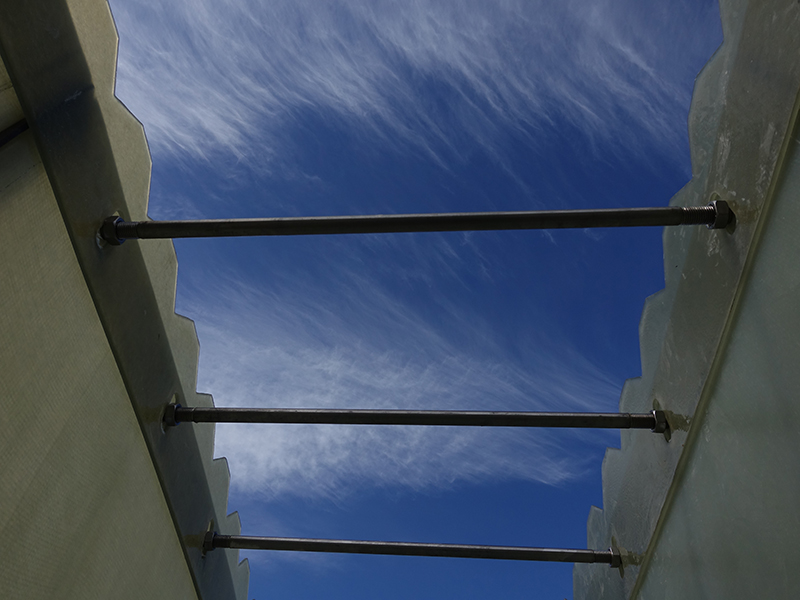
-
 Afrikaans
Afrikaans -
 Albanian
Albanian -
 Amharic
Amharic -
 Arabic
Arabic -
 Armenian
Armenian -
 Azerbaijani
Azerbaijani -
 Basque
Basque -
 Belarusian
Belarusian -
 Bengali
Bengali -
 Bosnian
Bosnian -
 Bulgarian
Bulgarian -
 Catalan
Catalan -
 Cebuano
Cebuano -
 China
China -
 China (Taiwan)
China (Taiwan) -
 Corsican
Corsican -
 Croatian
Croatian -
 Czech
Czech -
 Danish
Danish -
 Dutch
Dutch -
 English
English -
 Esperanto
Esperanto -
 Estonian
Estonian -
 Finnish
Finnish -
 French
French -
 Frisian
Frisian -
 Galician
Galician -
 Georgian
Georgian -
 German
German -
 Greek
Greek -
 Gujarati
Gujarati -
 Haitian Creole
Haitian Creole -
 hausa
hausa -
 hawaiian
hawaiian -
 Hebrew
Hebrew -
 Hindi
Hindi -
 Miao
Miao -
 Hungarian
Hungarian -
 Icelandic
Icelandic -
 igbo
igbo -
 Indonesian
Indonesian -
 irish
irish -
 Italian
Italian -
 Japanese
Japanese -
 Javanese
Javanese -
 Kannada
Kannada -
 kazakh
kazakh -
 Khmer
Khmer -
 Rwandese
Rwandese -
 Korean
Korean -
 Kurdish
Kurdish -
 Kyrgyz
Kyrgyz -
 Lao
Lao -
 Latin
Latin -
 Latvian
Latvian -
 Lithuanian
Lithuanian -
 Luxembourgish
Luxembourgish -
 Macedonian
Macedonian -
 Malgashi
Malgashi -
 Malay
Malay -
 Malayalam
Malayalam -
 Maltese
Maltese -
 Maori
Maori -
 Marathi
Marathi -
 Mongolian
Mongolian -
 Myanmar
Myanmar -
 Nepali
Nepali -
 Norwegian
Norwegian -
 Norwegian
Norwegian -
 Occitan
Occitan -
 Pashto
Pashto -
 Persian
Persian -
 Polish
Polish -
 Portuguese
Portuguese -
 Punjabi
Punjabi -
 Romanian
Romanian -
 Russian
Russian -
 Samoan
Samoan -
 Scottish Gaelic
Scottish Gaelic -
 Serbian
Serbian -
 Sesotho
Sesotho -
 Shona
Shona -
 Sindhi
Sindhi -
 Sinhala
Sinhala -
 Slovak
Slovak -
 Slovenian
Slovenian -
 Somali
Somali -
 Spanish
Spanish -
 Sundanese
Sundanese -
 Swahili
Swahili -
 Swedish
Swedish -
 Tagalog
Tagalog -
 Tajik
Tajik -
 Tamil
Tamil -
 Tatar
Tatar -
 Telugu
Telugu -
 Thai
Thai -
 Turkish
Turkish -
 Turkmen
Turkmen -
 Ukrainian
Ukrainian -
 Urdu
Urdu -
 Uighur
Uighur -
 Uzbek
Uzbek -
 Vietnamese
Vietnamese -
 Welsh
Welsh -
 Bantu
Bantu -
 Yiddish
Yiddish -
 Yoruba
Yoruba -
 Zulu
Zulu
High-Performance Fiberglass Piping Solutions for Demanding Applications
High-Pressure Fiberglass Piping Systems A Comprehensive Overview
In today's industrial landscape, the demand for efficient, durable, and versatile piping systems has led to the increased adoption of high-pressure fiberglass piping systems. These systems are engineered to withstand extreme conditions and are increasingly favored in various applications, including chemical processing, oil and gas exploration, and water management.
What is High-Pressure Fiberglass Piping?
High-pressure fiberglass piping systems are made from reinforced thermosetting resin, a composite material that combines the lightweight properties of fiberglass with the strength of resin, providing exceptional resistance to corrosion, impact, and temperature fluctuations. This unique combination makes fiberglass piping an ideal solution for conveying various fluids under high pressure.
Benefits of High-Pressure Fiberglass Piping Systems
1. Corrosion Resistance One of the paramount advantages of fiberglass piping is its resistance to corrosion. Unlike traditional metal pipes that can degrade when exposed to harsh chemicals, fiberglass systems maintain their integrity over time, leading to increased reliability and lower maintenance costs.
2. Lightweight and Easy to Handle High-pressure fiberglass pipes are significantly lighter than their metal counterparts. This reduction in weight simplifies transportation, installation, and handling, making it easier for contractors to set up complex piping systems without the heavy lifting often required for metal pipes.
high-pressure fiberglass piping system

3. High Strength-to-Weight Ratio Despite being lightweight, fiberglass piping offers exceptional strength, allowing it to handle high internal pressures without compromising structural integrity. This characteristic is particularly beneficial in applications where space is limited, and weight restrictions are a concern.
4. Thermal Insulation The insulating properties of fiberglass reduce heat transfer, making these piping systems effective for thermal management. This is particularly useful in processes where maintaining specific temperature ranges is crucial, such as in chemical processing or heated water systems.
5. Longevity and Low Maintenance High-pressure fiberglass piping systems can last for decades with minimal maintenance. Their resistance to wear and corrosion minimizes the need for regular inspections and replacements, thereby reducing lifecycle costs.
Applications of High-Pressure Fiberglass Piping
The versatility of high-pressure fiberglass piping systems allows for their application across a wide range of industries. In the chemical industry, these pipes are ideal for transporting corrosive chemicals safely. In oil and gas, they are used in downhole applications, where the resistance to harsh fluids and environments is critical. Additionally, fiberglass piping finds utility in municipal water systems and wastewater treatment plants, where durability and reliability are essential.
Conclusion
High-pressure fiberglass piping systems represent a modern solution to the challenges faced by industries requiring robust, efficient, and long-lasting piping solutions. With their myriad of advantages including corrosion resistance, lightweight construction, and remarkable strength, these systems are becoming the preferred choice for many industrial applications. As technology continues to advance, the potential of fiberglass piping systems will likely expand further, paving the way for enhanced performance and sustainability in fluid transport. Whether for new installations or retrofits, high-pressure fiberglass piping remains an innovative and dependable option for modern industrial needs.









